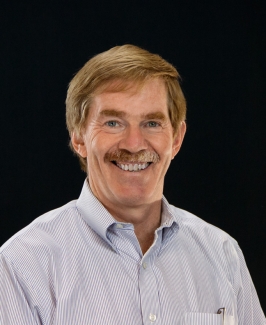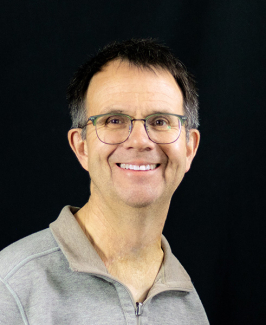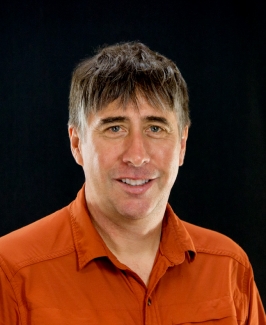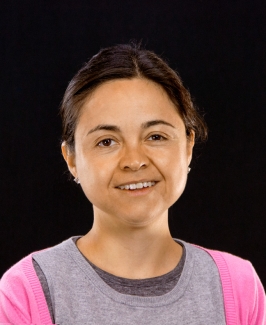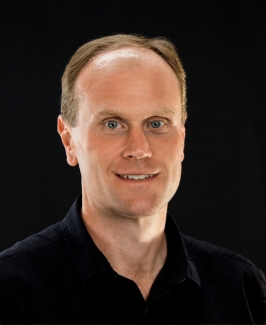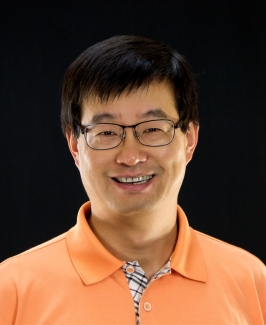Precision-measurement tools help scientists understand the universe, often through ground-breaking discoveries.
JILA physicists are at the forefront of efforts to invent and redefine tools for precision measurement. The tools developed at JILA are capable of probing tiny structures inside living cells, monitor the dynamics of chemical reactions, and directly measure the frequency of visible light.
Historically, precision measurements at JILA helped pave the way for redefining the speed the light, defining the gravitational constant, and develop a universal constant time-keeping system. Current research into precision measurements at JILA could redefine the standard model of physics, realize the quantization of gravity, detect the astronomical collisions of black holes, search for evidence of dark matter, and even evolve our understanding of DNA and proteins, and the subsequent diseases that develop from their misfoldings.




